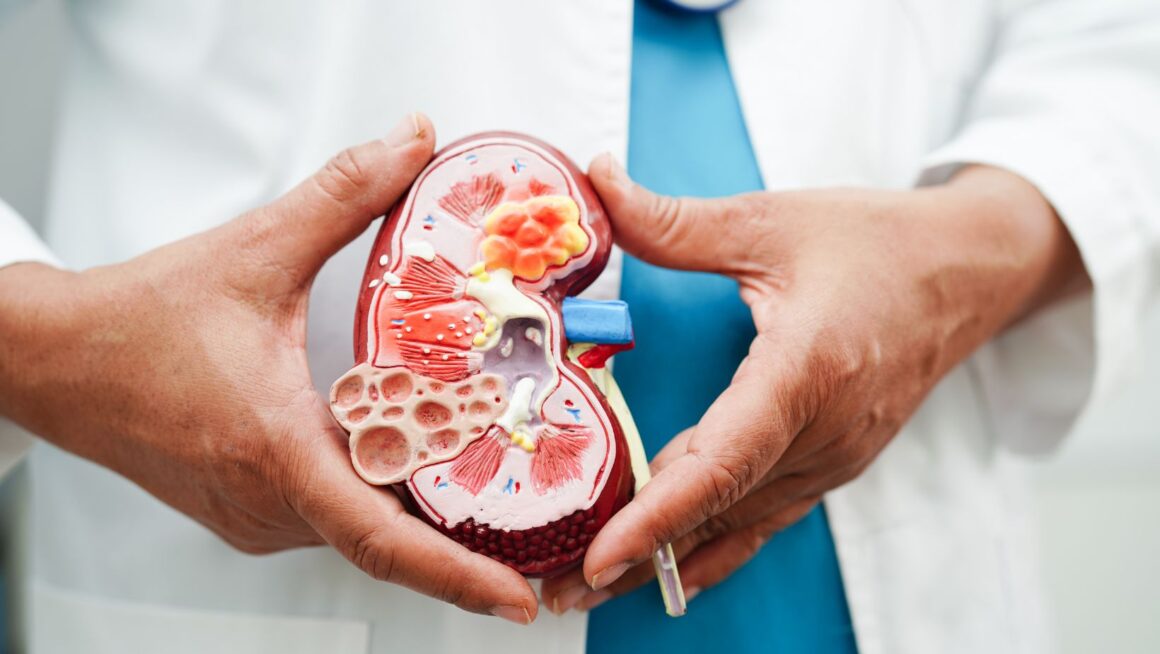Kidneys are among the most vital organs in the human body, playing a crucial role in filtering waste, balancing fluids, regulating blood pressure, and maintaining overall health. However, many people take kidney function for granted—until issues arise. For those in San Antonio, understanding when to seek the care of a nephrologist can be vital for early diagnosis and effective management of kidney disease.
Nephrology in san Antonio is the medical specialty focused on the diagnosis and treatment of kidney diseases. A nephrologist is a doctor who specializes in kidney care, from routine check-ups to managing complex conditions like kidney failure or requiring dialysis. But who exactly needs to see a nephrologist in San Antonio? In this blog, we’ll explore the common scenarios and conditions that warrant a visit to a nephrologist.
Individuals with Diabetes
Diabetes is one of the leading causes of chronic kidney disease (CKD). Over time, high blood sugar levels can damage the blood vessels in the kidneys, impairing their ability to filter waste and fluids effectively. This is known as diabetic nephropathy, and it’s a major concern for people living with diabetes.
- When to see a nephrologist: If you have diabetes and experience symptoms like swelling in the legs or ankles, foamy urine, or unexplained fatigue, it’s important to consult a nephrologist. A nephrologist can help monitor kidney function through blood and urine tests and recommend strategies to protect kidney health, such as managing blood sugar levels and blood pressure.
Individuals with High Blood Pressure (Hypertension)
Chronic high blood pressure is another leading cause of kidney damage. When blood pressure is too high, it can damage the blood vessels in the kidneys, reducing their ability to filter waste. Additionally, kidney disease can worsen hypertension, creating a vicious cycle that can lead to kidney failure.

When to see a nephrologist: If you have uncontrolled or poorly managed high blood pressure, it’s essential to seek advice from a nephrologist. They can help adjust your medications, recommend lifestyle changes, and monitor kidney function over time to prevent long-term damage.
People with a Family History of Kidney Disease
If you have a family history of kidney disease, particularly conditions like polycystic kidney disease (PKD) or inherited kidney disorders, it’s essential to be proactive about your kidney health. Genetics play a significant role in kidney disease development, and having a family history increases your risk of developing similar issues.
When to see a nephrologist: A nephrologist in nephrology in san Antonio can help you monitor kidney function through regular screenings, including blood tests and urine analysis. Early detection can lead to interventions that prevent or slow the progression of kidney disease, which is especially important if you have a genetic predisposition.
Individuals with Kidney Stones
Kidney stones are hard deposits that form in the kidneys and can be extremely painful. While small stones may pass on their own, larger stones often require medical intervention, such as lithotripsy (a procedure to break up the stones) or surgical removal. Kidney stones are often caused by dehydration, diet, or certain medical conditions, but they can also be a sign of an underlying issue with kidney function.
When to see a nephrologist: If you’ve had multiple kidney stones or are experiencing severe pain, it’s important to see a nephrologist. They can help identify the underlying causes of stone formation, offer preventive strategies, and manage pain and complications.
Pregnant Women with Kidney Disease or Hypertension
Pregnancy can sometimes cause or exacerbate kidney problems, especially for women who already have kidney disease or high blood pressure.

Pregnancy-related kidney issues, like preeclampsia, can be dangerous for both the mother and the baby.
When to see a nephrologist: If you are pregnant and have kidney disease or hypertension, it’s important to work with a nephrologist to manage your condition during pregnancy. They will collaborate with your obstetrician to ensure both your health and the health of your baby.
Final Words
Nephrologists play an essential role in diagnosing, managing, and treating kidney disease in San Antonio. Whether you have diabetes, hypertension, a family history of kidney disease, or are experiencing symptoms like swelling or fatigue, seeking the care of a nephrologist can help protect your kidney health and prevent further complications.



